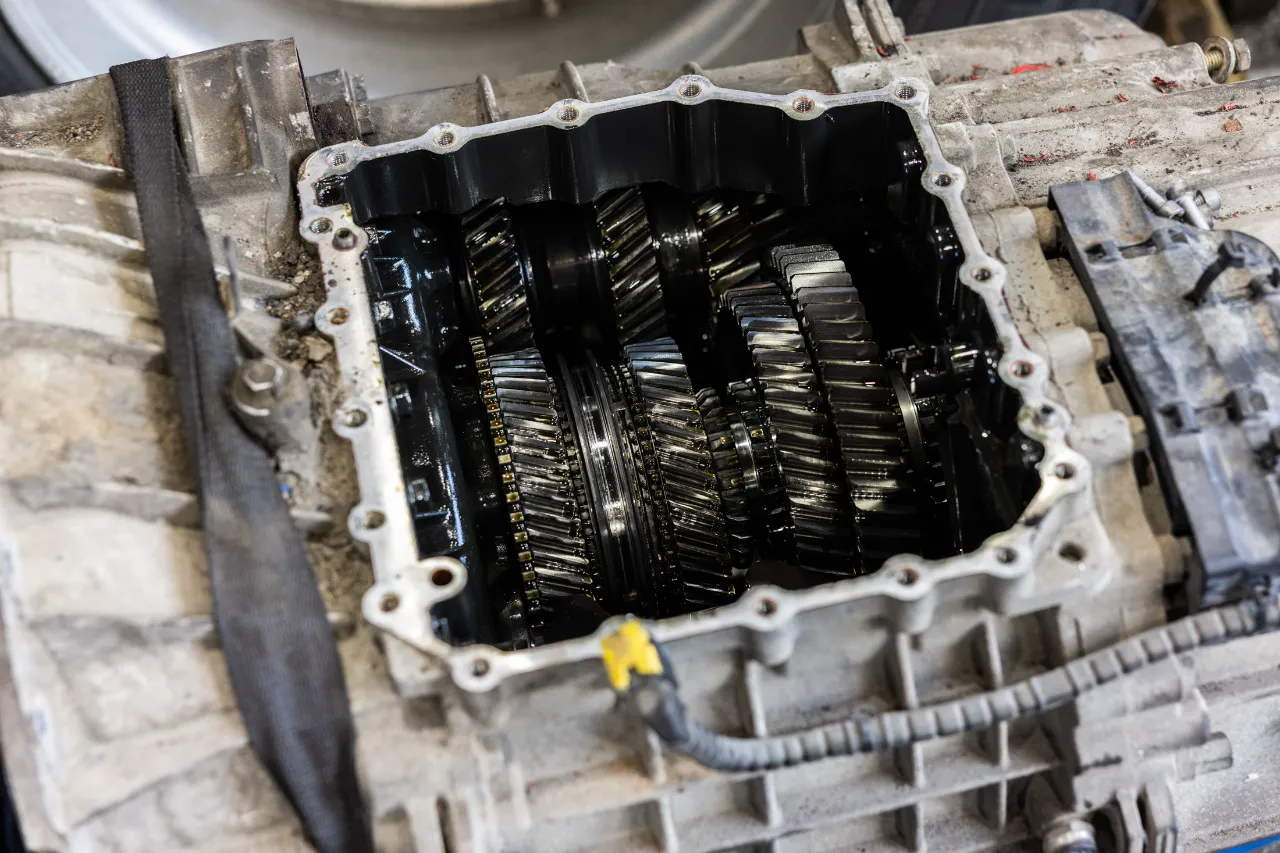Common Issues with Heavy-Duty Truck Exhaust Systems & How to Fix Them

Heavy-duty trucks, especially those powered by diesel engines, play a crucial role in the transportation industry. These vehicles are known for their robust performance and durability. However, like any mechanical system, heavy-duty truck exhaust systems can encounter issues that affect their performance and emissions. In this article, we will explore some common issues with diesel truck exhaust systems and discuss the appropriate solutions.
Exhaust Leaks
Exhaust leaks are a common problem in heavy-duty truck exhaust systems. They can occur due to various reasons, such as worn gaskets, cracked pipes, or loose connections. These leaks can lead to reduced engine performance, increased emissions, and a loud or hissing noise from the exhaust system.
To fix exhaust leaks, a diesel mechanic will thoroughly inspect the exhaust system for any visible signs of damage or loose connections. Replace worn-out gaskets and cracked pipes. Ensure that all connections are properly tightened to prevent future leaks.
Diesel Particulate Filter (DPF) Issues
The DPF is a critical component in diesel exhaust systems, designed to trap and remove harmful particulate matter (PM) emissions. Over time, the DPF can become clogged, affecting its efficiency. Common symptoms of DPF issues include reduced engine power, increased fuel consumption, and frequent regeneration cycles.
To address DPF issues, regular maintenance is essential. Follow the manufacturer's recommended cleaning and regeneration procedures to keep the DPF clean. In severe cases, replacement of the DPF may be necessary.
Exhaust Gas Recirculation (EGR) Problems
Exhaust Gas Recirculation (EGR) is a system that reduces nitrogen oxide (NOx) emissions by recirculating a portion of the exhaust gas back into the engine. However, EGR systems can experience issues such as carbon buildup, faulty valves, or clogged passages. These problems can result in rough engine operation, increased emissions, and reduced fuel efficiency.
Follow the manufacturer's guidelines for cleaning the EGR system. Use recommended cleaning solutions or EGR-specific cleaning kits to remove carbon deposits.
Diesel Oxidation Catalyst (DOC) Malfunction
The Diesel Oxidation Catalyst (DOC) is responsible for converting harmful carbon monoxide (CO) and hydrocarbon (HC) emissions into less harmful substances. However, the DOC can fail due to exposure to excessive heat, contaminated fuel, or engine oil consumption. A malfunctioning DOC can result in increased emissions and reduced engine performance.
Regularly inspect the DOC for any signs of damage or contamination. If the DOC is damaged or no longer functioning efficiently, it should be replaced according to the manufacturer's recommendations.
Muffler and Silencer Problems
Mufflers and silencers play a vital role in reducing noise emissions from heavy-duty truck exhaust systems. Over time, these components can develop issues such as rust, corrosion, or internal damage. A damaged or malfunctioning muffler or silencer can lead to excessive noise pollution and potential compliance issues.
A diesel mechanic can replace any rusted or corroded components. In cases of internal damage, replacement might be required. Work with a qualified diesel repair shop to ensure that the replacement components meet the required noise emission regulations.
Final Thoughts
Maintaining a well-functioning exhaust system is crucial for heavy-duty diesel trucks. By promptly addressing these common issues, truck owners and operators can ensure optimal engine performance, reduced emissions, and compliance with environmental regulations. Regular maintenance, timely repairs, and adherence to manufacturer's guidelines are key to keeping the exhaust system in top condition. By prioritizing the integrity of the exhaust system, owners and operators can ensure efficient and environmentally friendly operation of their heavy-duty trucks.


